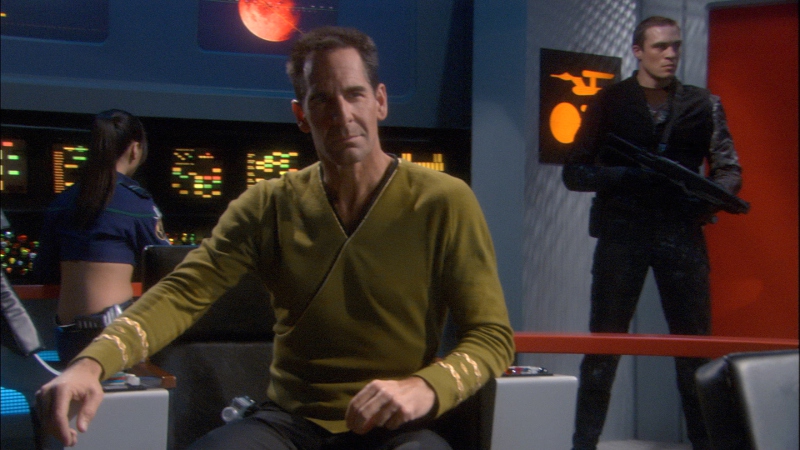

stop for a drink at a gay bar, where they look down on the butch-femme couples they see there, considering the women dressed as men to be participating in their own oppression.īut Linda finds herself charmed by butch Amy (Chloe Sevigny), who wears a tie, drives a motorcycle, and acts the true gentleman. Linda (Michelle Williams) lives with a group of other lesbian feminists.Īfter an unpleasant confrontation with the feminist college organization, Linda et al. Second segment, “1972,” can’t match the simple elegance of its predecessor, but after a contrived beginning, the film becomes a provocative and, in some ways, challenging piece. Each of the three family members relates to Edith on a different emotional plane, and their own self-absorbed concerns are understandable if not sympathetic.Īn austere yet heartbreaking turn by Redgrave, perfect supporting performances and some exceedingly simple and poignant visual storytelling from Anderson make this piece as resonant as television gets. With exquisite craftsmanship, Anderson creates scenes where characters can be cruel even while doing their very best to be kind. Within just a few minutes, Anderson sets up the foundation for what quickly becomes a story of loss, as Abby dies following an accident in their backyard.
#Pilot talk trilogy review movie#
Anderson’s “1961,” begins with an opening sequence in a movie theater showing the William Wyler-Lillian Hellman film “The Children’s Hour.” The contrast between the overwrought nature of the on-screen melodrama and the dignified reserve of lesbian couple Edith (Vanessa Redgrave) and Abby (Marian Seldes) immediately creates a sense of the deep, comfortable love that exists between the two retired schoolteachers who’ve been together for decades.


 0 kommentar(er)
0 kommentar(er)
